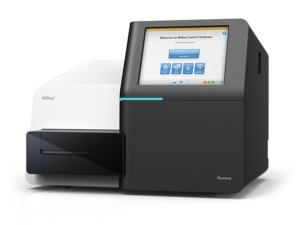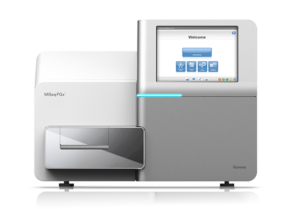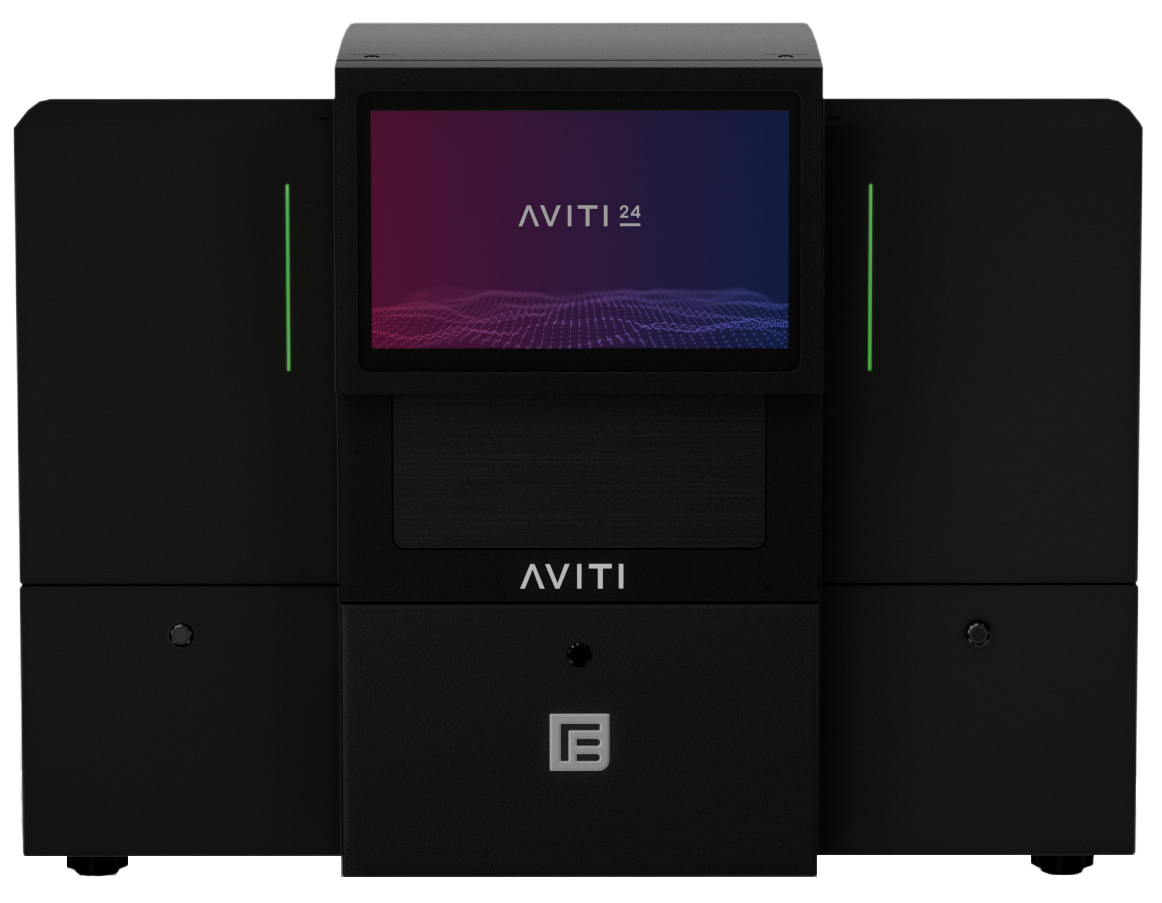F.A.S.T. Liquid Handler
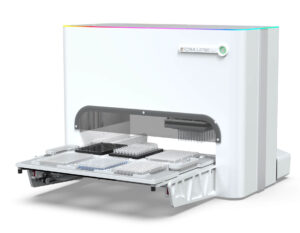
The F.A.S.T. (Flow Axial Seal Tip) system is an innovative and user-friendly liquid transfer system, equipped with a unique 96-channel head for positive displacement. It’s designed for efficient and accurate transfer of liquids, regardless of their viscosity, making it suitable for a wide array of laboratory applications, ranging from DNA and RNA extraction to protein purification, PCR setup and cleanup, and Next Generation Sequencing (NGS) library preparation. The system’s approach to liquid handling is agnostic of liquid classes, which means there’s no need to program for different types. The positive displacement tips are designed to consistently deliver accuracy, irrespective of the liquid’s viscosity.
Hamilton Microlab STAR
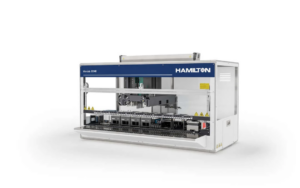
The key strengths of the Hamilton Microlab STAR are its high-throughput capability and robust and reliable performance, making it an ideal choice for labs dealing with large volumes of samples. Additionally, its ability to integrate seamlessly with other lab systems enhances its role in comprehensive automation solutions.
I.DOT Non-contact Liquid Handler
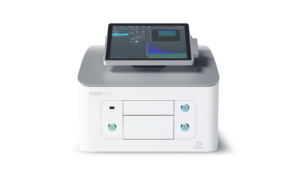
With just a 1 µL dead volume, and no use of tips, I.DOT maximizes cost-effective reagent use. The capability to dispense volumes from 4 nL to 30 µL into any 96 or 384 well plates, with integrated volume verification, ensures confidence.
Covaris S2
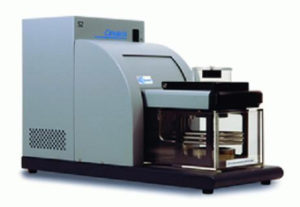
The Covaris S2 focused-ultrasonicator is a versatile, high power system engineered for pre-analytical sample processing for numerous biological and chemical applications including, DNA, RNA, and chromatin shearing, tissue homogenization, cell lysis, compound dissolution, and particle micronization. The computer controlled device allows for shearing at a certain, set length.
10X Genomics Chromium Controller
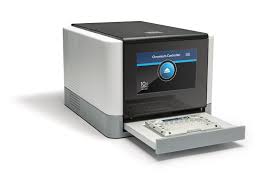
The Chromium Controller has been designed to rapidly and efficiently automate highly parallel sample partitioning and molecular barcoding. The Chromium Controller allows a user to run any Chromium Solution, spanning from genome to single cell analysis.
State-of-the-art High-throughput Library Preparation and Quality Control
NXTGNT is fully equipped with the latest technologies to process a high throughput of samples with the most diverse library preparation protocols. A ZEISS PALM MicroBeam Axio Observer 7 allows laser capture microdissection. Virtually all steps are controlled for quality using Qubit Fluorometric Quantitation (Thermo Fisher Scientific), q-PCR, Bioanalyser (Agilent Genomics), LabChip (PerkinElmer), etc.






